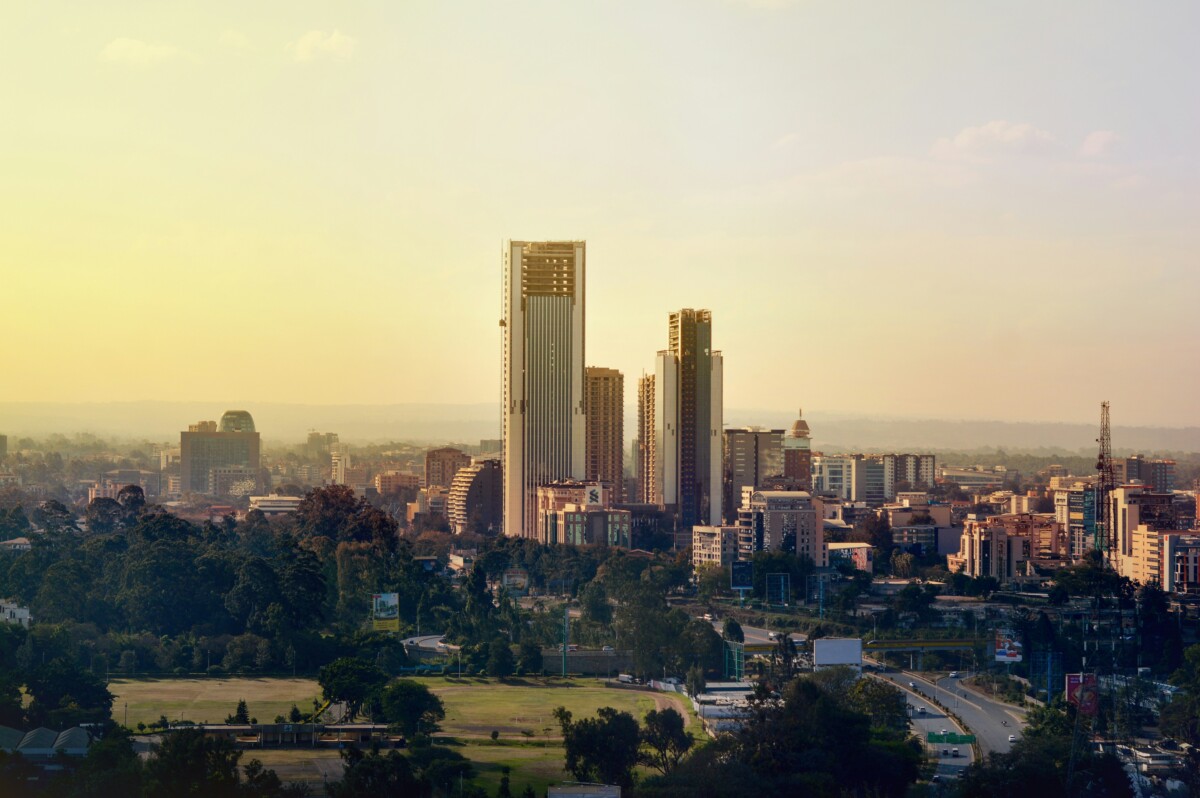Listen to the full podcast episode on YouTube, Spotify, and Apple Podcasts.
Born and raised in Durban, South Africa, David grew up catching snakes in the garden and birdwatching in the tropics. His love for nature was sparked early, but his career took him deep into the world of plastics, business growth, and complex trade-offs. It’s this blend of personal connection with the environment and real-world commercial experience that makes his perspective on the current ESG landscape so sharply grounded.
The ESG Paradox: Rich Countries Set the Agenda, Poorer Ones Pay the Price
David doesn’t mince words when talking about how the global north engages with Africa on sustainability:
“It’s very difficult for people who haven’t lived and experienced Africa to prescribe the answer for Africa.”
There’s a growing push for Africa to leapfrog development stages – to mine cobalt, refine lithium, and build the green transition for Europe – all while skipping the dirty work. But as David puts it: you can’t run a smelter on load-shedding.

💡 Why Energy Comes Before Everything Else
At the heart of the problem is a lack of consistent, affordable electricity. In many African countries, rolling blackouts (known as “load shedding”) are a daily fact of life. David explains:
“If the lights went out for just one day in any European country, there’d be absolute pandemonium and a change of government.”
But in countries like South Africa or Nigeria, entire industries are regularly left scrambling when the grid goes down. And while Europe talks about decarbonisation, Africa is still battling just to switch the lights on.
Without energy:
-
Schools can’t function
-
Factories can’t operate
-
Hospitals can’t run equipment
-
Waste can’t be properly managed
-
Investment in green alternatives becomes near-impossible
And so the cycle continues.
🛠️ Fit-for-Purpose, Not Copy-Paste
David warns against applying European solutions – like deposit return schemes or carbon border taxes – without adapting them to local realities:
“In Kenya, informal collectors pick up bottles and sell them for a penny a bottle. If you replace that with a European-style system that costs four times that just to run – it’s madness.”
In other words, sustainability must be localised. Not just for impact, but for fairness.
🌍 Big Business, Bigger Responsibility
David’s not afraid to talk about the role of corporations, either. During his time at Coca-Cola, he saw both the power – and limits – of corporate sustainability commitments:
“It’s easy to criticise big business, but people underestimate the conscience and the capability these organisations have – especially in emerging markets.”
For David, the real test is whether sustainability teams are there to actually solve problems, or just to “put lipstick on a pig.”

🧠 A Call for Pragmatism (and Better Payment Terms)
One of the most refreshing takeaways? David’s unapologetically pragmatic stance on sustainability:
-
It must be realistic.
-
It must acknowledge trade-offs.
-
It must work in the messy real world.
And if he had a magic wand? He’d change something simple, powerful, and unexpected:
“Payment terms. If big companies stopped pushing out payment terms to 90 or 120 days, small businesses across Africa – and the world – could grow, invest, and actually participate in the sustainability transition.”
✳️ Final Word
Sustainability without infrastructure is just theory. And theory doesn’t keep the lights on.
David’s message is a reminder that real change starts with honest engagement, contextual understanding, and a willingness to trade ideology for impact.
“Everything’s about choices. And unless we start talking about trade-offs, we’re just not being grown-up about the future we say we want.”
Sponsored by...
truMRK: Communications You Can Trust
👉 Learn how truMRK helps organisations strengthen the credibility of their communications.
Want to be a guest on our show?
Contact Us.
The Responsible Edge Podcast
Queensgate House
48 Queen Street
Exeter
Devon
EX4 3SR
Recognition.
Join 2,500+ professionals.
Exploring how to build trust, lead responsibly, and grow with integrity. Get the latest episodes and exclusive insights direct to your inbox.
© 2026. The Responsible Edge Podcast. All rights reserved.
The Responsible Edge Podcast® is a registered trademark.
Sponsored by truMRK
© 2026. The Responsible Edge Podcast

